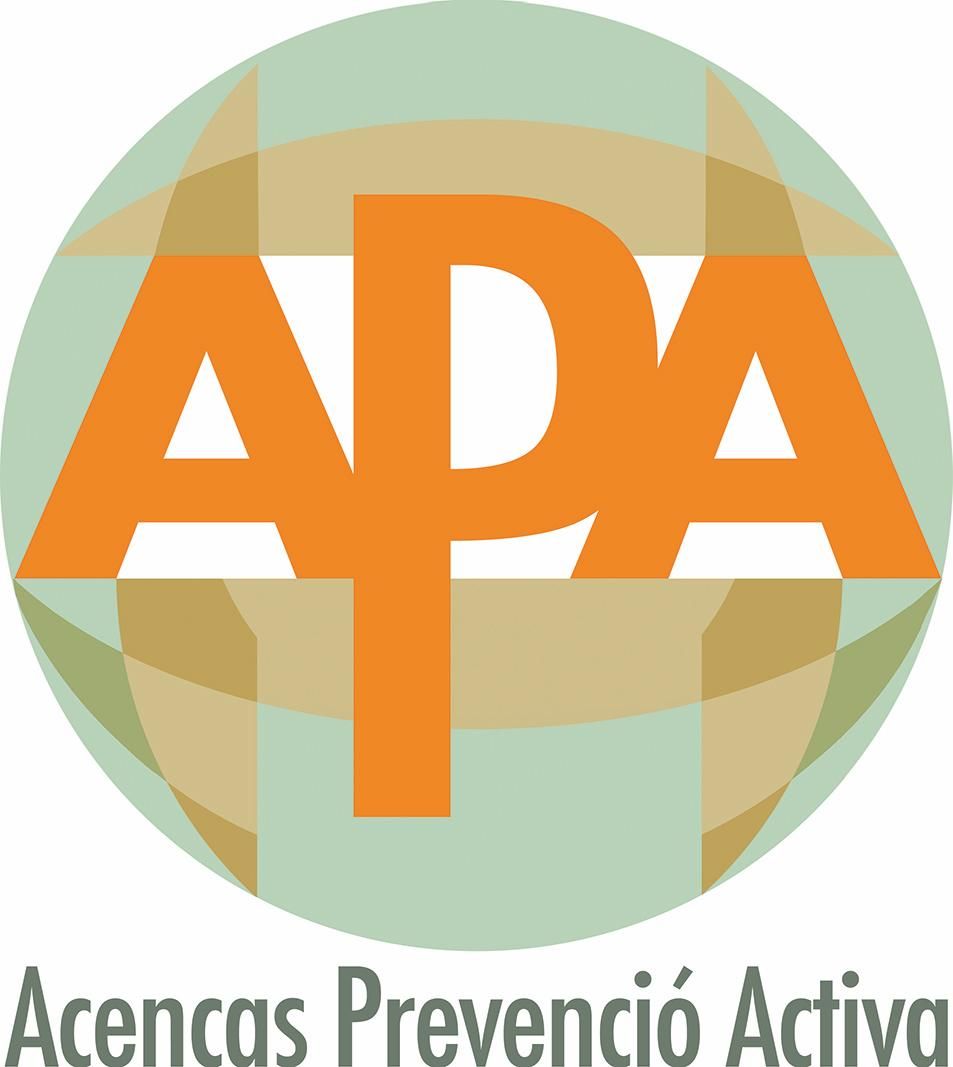Building a Lasting Legacy: The ICE Research Institute
ICE's move to Barcelona marks an exciting new era, and with it comes a commitment to creating a lasting positive impact. In partnership with our esteemed hosts, Fira Barcelona and the city of Barcelona, we are establishing the ICE Research Institute as a cornerstone of the ICE legacy project. This initiative will see annual funding dedicated to projects that address the broader societal impacts of the gambling industry and support the local community, extending far beyond the economic benefits and the duration of the exhibition itself.
Inspired by successful models like the Mobile World Capital Foundation, the ICE Research Institute will focus on proactive solutions. We will provide grants to scientific and academic institutions to conduct vital research in the areas of prevention and sustainability. This focus distinguishes us from much of the existing academic work, which has primarily concentrated on gambling harm treatment. Building a Lasting Legacy: The ICE Research Institute





